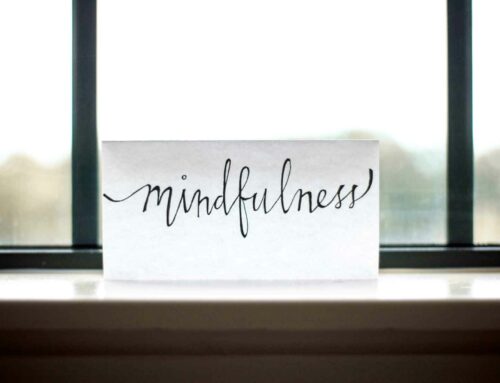The relationship between boundaries and values
Adolescents thrive in safe and stable environments typically created by healthy boundaries. According to Brene Brown, a leading researcher in Shame and Vulnerability work, a boundary is simply a statement of what is okay and not okay based on your personal values. I heard it said once that the most compassionate people have the firmest boundaries. I don’t know about you, but my first thought when I heard this was “no way!” I thought that if I’m saying no to people then I am being unkind, unhelpful, and definitely not compassionate. I was wrong! The only true way to have a safe and secure relationship is by holding clear boundaries.
Brene Brown goes on to say “daring to set boundaries is about having the courage to love ourselves, even when we risk disappointing others. We can’t base our own worthiness on others’ approval. Only when we believe, deep down that we are enough, can we say ‘Enough!’”
An adolescent will naturally push boundaries around personal values in order to test their security in the relationship. Within Sunrise, if the company values and boundaries are intentionally aimed at best practices and clinical sophistication, the adolescent will feel safe. As a mentor, if my personal values align with this mission then I will be able to build healthy and compassionate rapport with our students.
For example, I had an experience a few weeks ago with a student that solidified this idea for me. To me, this student was the epitome of a boundary pusher. She was constantly challenging the personal values and boundaries of the mentors around her, and it was emotionally draining for us. The personal value she seemed to have targeted for me was honesty. I try to model honesty to and with my students in hopes of gaining their trust and receiving honesty from them.
One day, she was having an extremely hard time keeping herself safe and she repeatedly tried to walk off campus and away from staff. I wanted to hold a clear boundary to keep her physically safe so I asked her if she would sit down and talk with me about what was bothering her. During the conversation, I thanked the student for sitting with me because walking away and being in the street was unsafe, and I was concerned for her safety. The student responded by stating that she feels safe sitting and talking with me. I asked what helped her feel safe with me, and she replied, “because I know you will always tell it like it is, and that you don’t take my crap.” I suppose that’s one way to state You are always honest with me.
I have since had many opportunities with this particular student to share my value of honesty with her. This has helped me to connect with her on things that are healthy, important and authentic. If I was not secure in my value of honesty, I am sure I would not have been able to create such strong rapport with this student.
Now that we know the strength values can provide in a relationship we must ask ourselves, Which values are important to me an am I role-modeling those values to the people around me? According to Brene Brown, understanding our personal and company values is not only how we show true compassion in relationships, but how we show compassion for ourselves and create safe and secure relationships.
—
Adapted from an essay by Amy Bowler, former Residential Manager at Sunrise Residential Treatment Center





